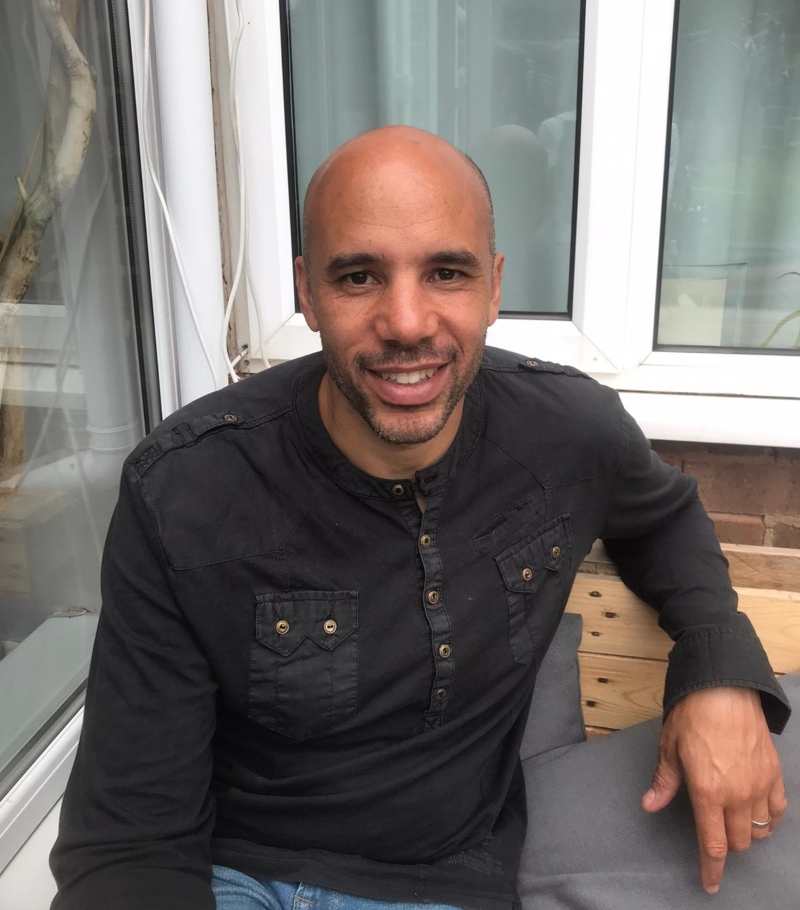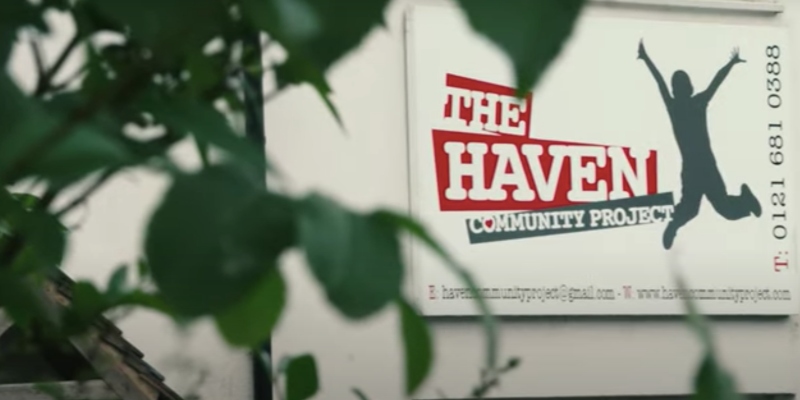Inhabiting the space of the other
With churches reflecting on who they are and what they do, Simon Jay shares his experience of being part of an Urban Expression team in Birmingham
 Simon Jay has lived in the Welsh House Farm neighbourhood, which is situated in Birmingham, for 20 years. This area could be understood as ‘marginalised’ as many of our economic systems and social structures disempower local people and keep them in poverty.
Simon Jay has lived in the Welsh House Farm neighbourhood, which is situated in Birmingham, for 20 years. This area could be understood as ‘marginalised’ as many of our economic systems and social structures disempower local people and keep them in poverty.
Simon is part of an Urban Expression team, which seeks to work alongside and ‘be with’ people from marginalised communities. The team delivers many projects that aim to positively engage with the young people in their area. He explains that the period of lockdown served to merely highlight some of the issues the area faces.
For many of the young people home is not always the safest or most comfortable place. The experience of living in overcrowded flats and tower blocks has been very challenging for them during lockdown. “Most of our young people were still out and about, still outside, sitting on walls,” Simon says. Due to the rules around social distancing Simon and his team have found it particularly difficult to support this group of young people when they’ve needed it more than ever.
This has increased the vulnerability for the young people in the neighbourhood as drug dealers attempting to recruit them into ‘running drugs’ frequently target the area. Simon states that this can initially seem as a way out of poverty; however, he has recently had conversations with some of the young people involved in drug running who have told him “the money is cursed, it is not able to be used for building a life, building a future”.
It is easy to jump to conclusions and judgment about these young people but Simon is keen that we understand “they actually want a normal life.”
“No kid growing up says I want to be a drug dealer, or sit on a wall for hours because there’s nothing to do,” he explains. “All they want is the opportunities that many of the young people in our churches have. But they don’t have those opportunities. There are lots of complex reasons for that: barriers around race and discrimination, economic deprivation, fractured families.”
Simon is not an outsider looking in, but very firmly embedded in and committed to this community. Urban Expression recruits, deploys and supports small teams, who move into local communities, build relationships, try to discern what God is already doing and join in.
For Simon, it’s all about creating spaces in which to engage with the young people – spaces that are “their spaces.” His team are involved in various detached youth projects, often involving music and art as they seek to unlock the creativity many of the young people possess.
“We are going to go into their space, hang out in their space and love them for who they are. That way we are not stressing about things like language. We want to be with them, even if that looks messy, and gently encourage them to make choices that will enable them to reflect the image of Christ more fully.
Standing in these spaces can be very difficult and often the team have to journey with young people who have given up on their dreams. At school they are told that they can be anything they want to be but the reality is that there are very little opportunities for them.
 Much of the work that Simon and the team do attempts to change this narrative. By putting support in place, and developing a programme that starts working with them from an early age, they have seen many of these young people choosing not to get involved in drugs or crime. They provide opportunities for young people to join the volunteering and training programme at The Haven (the local community centre and the place where the UE team meets each Sunday) and they have seen many of them going on to explore and develop their own gifts through continued education and learning. “When young people, whom society has written off, start to become the people who God has intended them to be, it becomes really exciting as well as subversive.”
Much of the work that Simon and the team do attempts to change this narrative. By putting support in place, and developing a programme that starts working with them from an early age, they have seen many of these young people choosing not to get involved in drugs or crime. They provide opportunities for young people to join the volunteering and training programme at The Haven (the local community centre and the place where the UE team meets each Sunday) and they have seen many of them going on to explore and develop their own gifts through continued education and learning. “When young people, whom society has written off, start to become the people who God has intended them to be, it becomes really exciting as well as subversive.”
Simon has recently graduated from Bristol Baptist College. His MA explored how Jesus left the heavenly space and inhabited broken spaces, how He allowed himself to be served by what society had written off. Simon doesn’t expect churches to suddenly start engaging with local gangs (though he wonders who is going reach this “lost generation), but encourages them to “inhabit the space of the other.”
“I love churches and have a huge amount of respect for churches. I was brought up in one. We need our Sunday mornings – but we also need as much energy into leaving those spaces and inhabiting the space of the other.
“There’s lots of focus on churches saying “if you want to know about Jesus, you need to come into our space.” But what would happen if we went into the space of the other, and listened to the Holy Spirit there?”
This is “really difficult” Simon continues, because when you do this “you have to be open to having your values and your theology shaped”. But it’s a place where the kingdom of God breaks in.
“What we do here is not just social action – the spirit of God is actively at work in the relationship. The Holy Spirit is in the space between the young people and me as we engage together. It brings that sense of connection.
“As a Christian, I’m able to see God at work in both our lives.”
A foundational book for Simon is The Go Between God: Holy Spirit and the Christian Mission - by John V Taylor